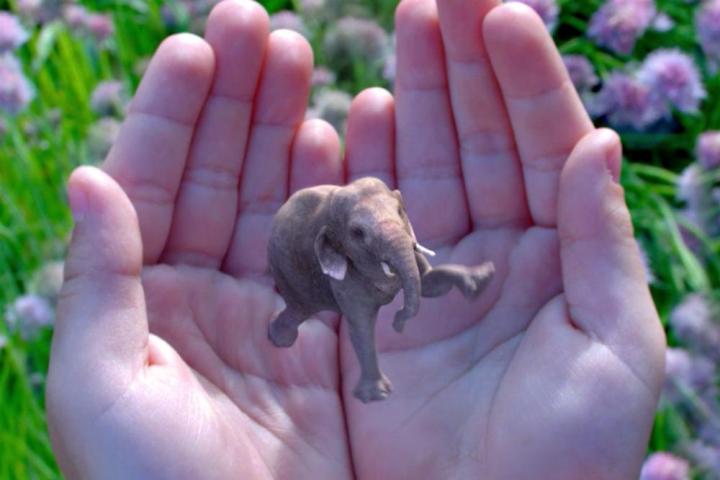
Not a great deal seems to be known about Magic Leap, though it says it’s working on hardware and software that offers “cinematic reality.” Whatever that is exactly, Google appears to be impressed enough to lead a team of deep-pocketed investors to throw some cash its way to help it with product development.
According to Re/code, which spoke to an unnamed source with knowledge of Google’s interest in the Florida-based company, Magic Leap has been attracting increasing interest from not only Silicon Valley firms, but from Hollywood studios, too.
Magic Leap CEO Rony Abovitz has said in the past his firm is working on what he claims “will be the most natural and human-friendly wearable computing interface in the world,” offering a highly realistic 3D experience beyond anything offered by current products on the market.
In fact, Abovitz chose the “cinematic reality” name in an effort to separate his firm’s technology from virtual reality and augmented reality, which he describes as “old terms.”
“They have legacy behind them,” Abovitz explained in an interview back in February. “They are associated with things that didn’t necessarily deliver on a promise or live up to expectations.”
While Google already has its own VR project on the go with Glass, Re/code predicts Magic Leap’s product will involve face-based gear with super high-resolution images appearing immediately in front of your eyes, and various angles and depths viewable when you adjust focus.
It’s thought the firm’s technology could, for example, help to blend virtual objects more effectively with the real world.
With wearables the main focus of the tech world just now and Facebook already having snapped up Oculus Rift earlier this year for $2 billion, Google’s interest in a firm like Magic Leap certainly makes sense, and it’s of course possible the Mountain View company is looking to incorporate some of Magic Leap’s technology into Glass.
Magic Leap was founded in 2011 and picked up $50 million in a funding round earlier this year. Abovitz previously co-founded surgical robotics company Mako Surgical, which he sold for a healthy $1.65 billion last year.
[Image: Magic Leap]


